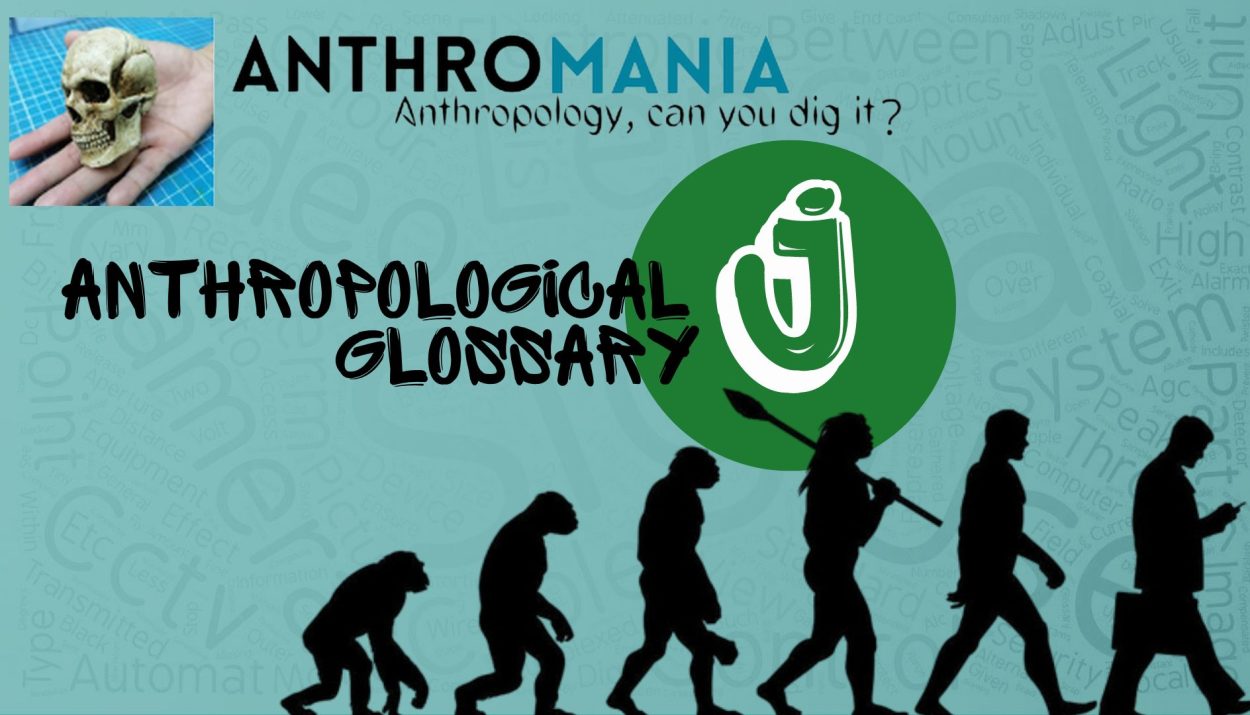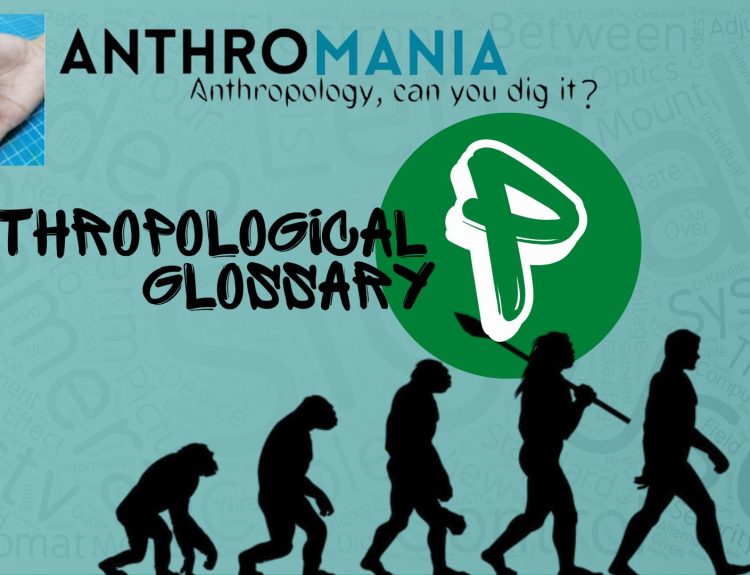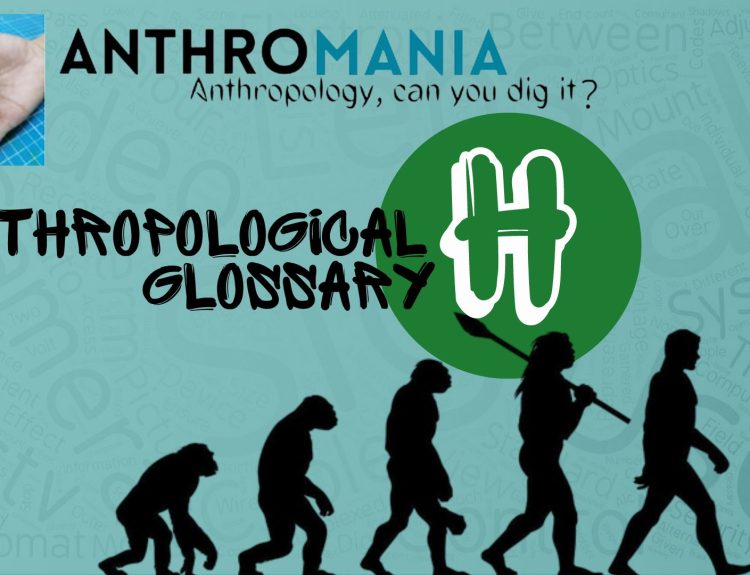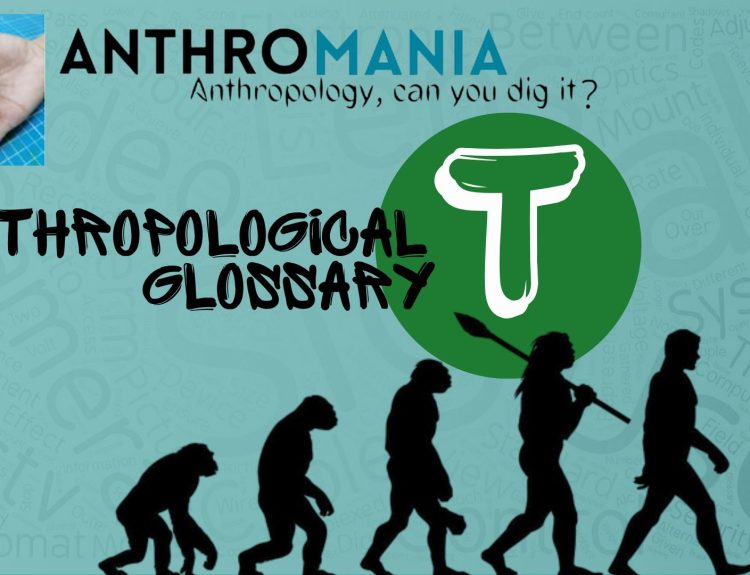Explore key anthropological terms starting with the letter “J” in this comprehensive glossary. From Jivaroan cultures to Jus Soli, learn the language of anthropology and discover the significance of these concepts.
Jivaroan: Referring to the Jivaroan peoples in the Montaña (the eastern slopes of the Andes), in Ecuador and Peru north of the Marañón River, known for their unique cultural practices, including head-shrinking and warfare.
Joint family: Comprises multiple generations of a family living together in a shared household. It often includes grandparents, parents, and their children, fostering a strong sense of extended family bonds and communal living.
Joking Relationship: A term used in kinship studies to describe a special type of social interaction and teasing that is encouraged between certain relatives in some cultures.
Read in detail- The Rules of Kinship
Jomon Pottery: Ceramic artefacts associated with the Jomon period in Japan, characterized by their distinctive cord-marked and coiled designs, representing some of the world’s oldest pottery.
Jural Rights: Legal or juridical rights, particularly in the context of anthropological studies involving legal systems, property, and land rights among indigenous communities.
Jus Sanguinis: A legal principle that determines citizenship or nationality based on the bloodline or parentage of an individual.
Jus Soli: A legal principle that grants citizenship or nationality to individuals based on the location or place of their birth.
Just World Hypothesis: A psychological concept often examined in anthropological research, which explores how individuals in various societies tend to perceive the world as just or unjust, impacting their beliefs and behaviours.
Juvenilization: The process or trend of younger age groups acquiring characteristics or responsibilities associated with older age groups, often influenced by cultural or societal factors.
Juxtaposition: The act or placement of two or more things (often cultural elements) near each other for comparison or contrast, which can provide insights into relationships and meanings.







